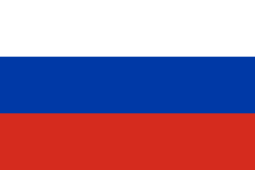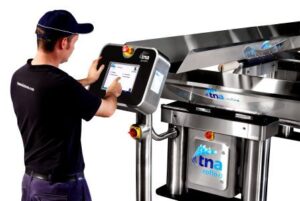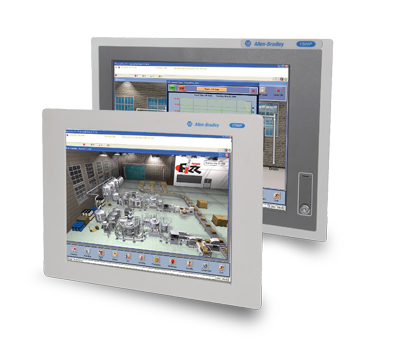World Day of Cultural Diversity: Recognising the power of diverse perspectives
May 20, 2021
With most international flights still grounded, many national lockdowns still in place and opportunities to share physical cultural experiences scarce, events like World Day of Cultural Diversity are taking on an added sense of importance. Celebrated each year on 21 May, this UN designated awareness day aims to promote international cooperation, dialogue and development, and give communities around the world an opportunity to spotlight their unique cultural heritage.
 Stemming from the Scottish and Egyptian cultural influence brought by our founders Nadia and Alf Taylor, tna has always been a truly international company built on the philosophy of strength through diversity. With this in mind, we’re taking a moment to mark this year’s World Day of Cultural Diversity by speaking with Marianne Dsouza, Chief People & Culture Officer at tna, about her experiences of cultural diversity in the workplace and how tna’s efforts to promote collaboration, understanding and teamwork have brought the company closer together in a time of crisis.
Stemming from the Scottish and Egyptian cultural influence brought by our founders Nadia and Alf Taylor, tna has always been a truly international company built on the philosophy of strength through diversity. With this in mind, we’re taking a moment to mark this year’s World Day of Cultural Diversity by speaking with Marianne Dsouza, Chief People & Culture Officer at tna, about her experiences of cultural diversity in the workplace and how tna’s efforts to promote collaboration, understanding and teamwork have brought the company closer together in a time of crisis.
BP: Tell us a little about your background – where is home for you? What is your favourite aspect of your national culture?
MD: I’ve lived in Australia for over 20 years now, so that’s where I call home – but originally, I hail from Pune in the West of India. I’m so proud of my Indian heritage, the country is a big melting pot of cultures which I love – it’s allowed me to learn about so many different lifestyles, languages and customs and has given me a deep appreciation of diversity from a young age. My background has also made me a keen linguist – I can speak three Indian languages in addition to French and English.
BP: Why is cultural diversity important in the workplace? What are the benefits of having a wide range of backgrounds, experiences and perspectives present at every level of an organisation?
MD: I believe cultural diversity is absolutely vital, especially for a global organisation like tna. Building a team with a mix of backgrounds and life experiences is no longer a ‘nice to have’ – for any company looking to innovate, avoid stagnation and attract talent from an increasingly socially conscious progressive workforce, fostering an inclusive corporate culture which rewards productive discussion is essential. An active focus on diversity can also help companies stay adaptable and responsive to the unique requirements of their customers, both economic and cultural. This kind of agility and cultural awareness has always been a strength for tna, and is one of the factors contributing to our global success. But this philosophy doesn’t just apply to the business itself. The amazing work of our humanitarian organisation, The Nadia and Alf Taylor Foundation, to support the most deprived communities around the world also reflects our commitment to building a fairer, brighter future for all through cultural cooperation.

BP: Do you see the processing and packaging industry as a diverse and inclusive industry?
MD: Yes, I believe diversity and inclusion (D&I) are central tenets of the industry, and it’s been great to see companies across the sector really step up in recent years and put in place actionable D&I strategies with clear time frames and measurable goals. That being said, the past year has been a tumultuous period for the industry and many companies have struggled to find the time and resources to focus on diversity and inclusion frameworks. As companies continue to adapt to the ‘new normal’, there is definitely scope to do more.
BP: How does tna work to promote and support cultural diversity?
MD: At tna, our main watch-word is ‘teamwork’ and to me this is inextricably linked to inclusiveness. We hold monthly townhall meetings to allow people from every level and department to come together, discuss any challenges directly with senior management and share their unique cultural insights with the rest of the company. These events are a prime example of our open and inclusive approach, ensuring every team member can express their opinions while still feeling part of one united team.
BP: Has the company’s experience during the pandemic, in particular the impact of national lockdowns and travel restrictions, changed your perspective on the importance of international collaboration? If so, how?
MD: Now more than ever, collaboration is vital to success. The pandemic has shown us that we need to move away from a cookie-cutter, one-size-fits-all approach to D&I policy, and embrace instead the philosophy of ‘different strokes for different folks’. Fuelled by this new perspective, we’ve revisited our existing procedures and adapted them to better allow our teams to operate flexibly, in the manner that best suits them.
BP: Finally, do you have any words of advice for companies, managers or individuals seeking to build a more diverse business culture?
MD: I’d strongly encourage everyone to take a more proactive approach to cultural awareness – make an effort to educate yourself about the customs, preferences and sensitivities of the different cultures with which you and your business engages, instead of waiting for members of that group to catch you up. In addition, I’d urge all of us to avoid generalisations and work to challenge our pre-conceived assumptions about people from cultures other than our own. These small shifts in attitude can help us overcome implicit biases and build the multicultural, dynamic and diverse teams that are essential to success in today’s fast-changing market.


























